Following The Film Stage’s collective top 50 films of 2022, as part of our year-end coverage, our contributors are sharing their personal top 10 lists.
When reflecting on my year in cinema, I recognize the experience of where and when I viewed the following films as inexplicably tied to how I remember them. The theatrical experience is sacred—this is no secret. But it bears repeating in the face of certain entities whose ethos revolves around its destruction (or “disruption”). Certainly the greatest cinema transcends. I did not see my number one movie of the year on a big screen, but I look forward to a future date when I can. And after years of repeat home viewing, I was finally able to catch two of my all-time favorite films: The Thin Red Line and Groundhog Day, on the big screen in 2022—on 35mm no less. Home viewing has its place. But nothing quite beats watching Jackass Forever or Smile in a local miniplex, surrounded by a rowdy, mostly teenage crowd.
Smile, this year’s surprise horror hit would not likely be found in my traditional top 15 of 2022. It’s included as an honorable mention because in an era where empathy rules all, it’s refreshing to see a studio picture take such deliberately nasty turns. This includes the best “dead animal at a children’s party” sequence since detectives David Starsky and Kenneth Hutchinson pumped lead into a miniature pony in Todd Phillips’ underrated gem from 2004. Aftersun was a late scratch from my top 10 and while I was thrilled to see it top The Film Stage’s final list, I couldn’t escape this nagging suspicion that it was all a little too calculated: its engineered subtleness building toward that Bowie/Queen needle drop to ensure waterworks in the audience. And it works and should be applauded for its precision. But it left me more impressed than emotionally moved, which I suspect was not its intent. I’m certainly overthinking it. That’s the word on a few of the honorable mentions. Here’s the full list:
Honorable Mentions: Aftersun, Armageddon Time, The Cathedral, Jackass Forever, Smile
10. Funny Pages (Owen Kline)
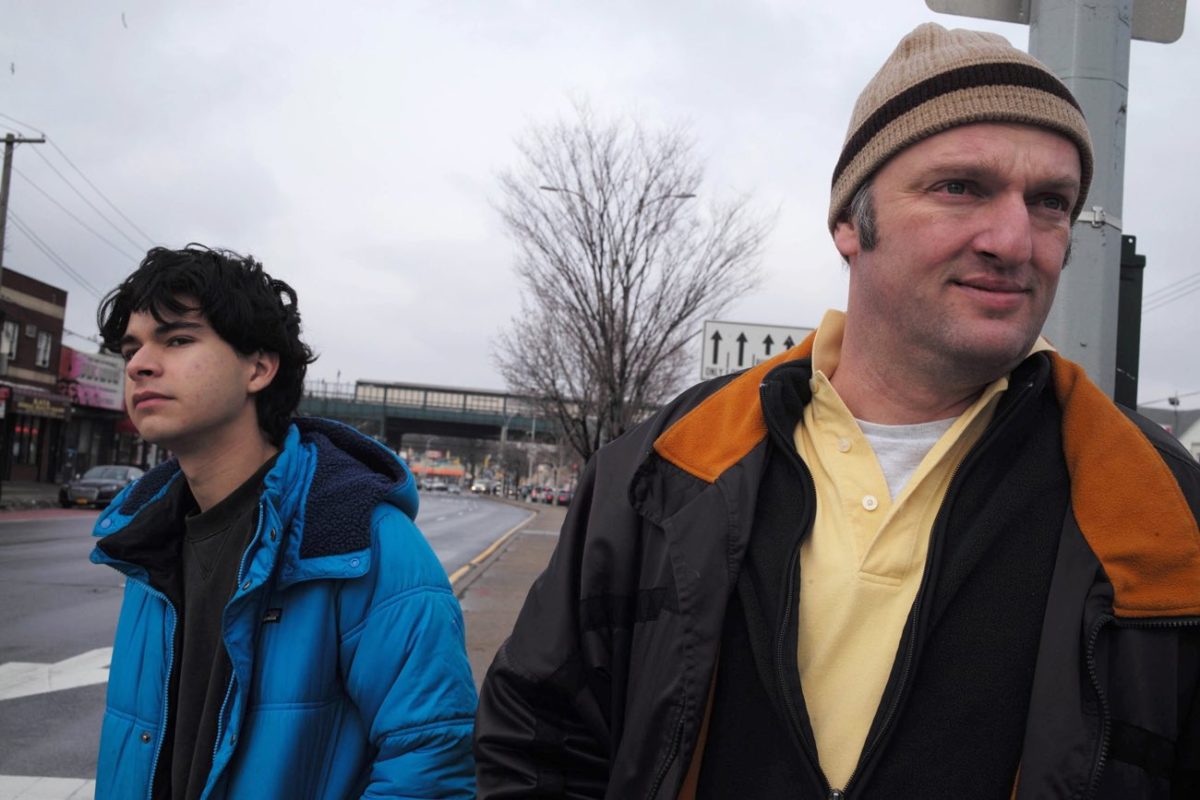
Funny Pages is a throwback in the best way. It plays not as nostalgic for an era, but rather, an era of movies, calling to mind works like Terry Zwigoff’s Crumb and Ghost World. Anyone who has ever eked out a meager existence in a brutally expensive city can relate to Robert’s (Daniel Zolghadri) illegal apartment situation, as well as his rundown jalopy. Later when he invites cartoonist and all-around maniac Wallace (a bug-eyed Matthew Maher) to Christmas morning waffles, his motivations appear to be a mix of genuine care for his new friend alongside a middle finger to his upper-middle class parents. Kline’s debut simultaneously occupies those dueling territories of heartfelt and mean throughout its breezy runtime.
9. Return to Seoul (Davy Chou)
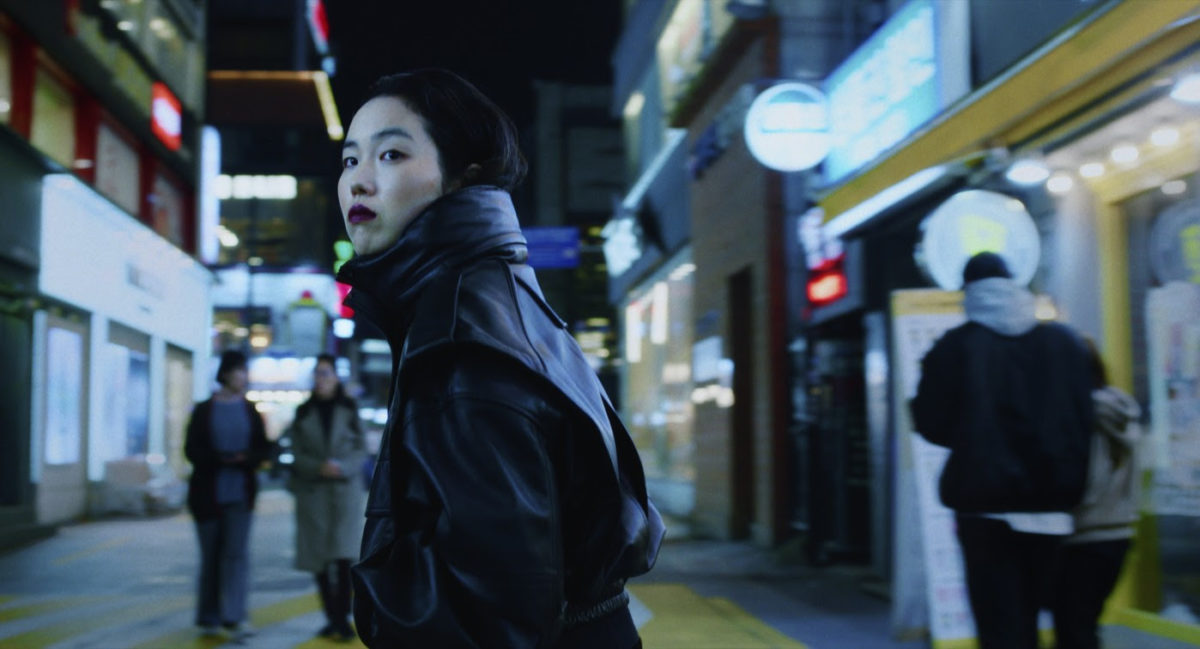
A late addition to my year-end list, the emotional heft of this film snuck up on me. I was sailing along, enjoying the film enough, when a moment near the end wrecked me. This is owed to Park Ji-min’s performance as Freddie, a French-Korean who travels to Seoul almost on a lark, and then decides to seek out her birth parents while there. Freddie’s tough exterior/lonely interior is a character we’ve seen many times, but Park lends pathos to what could otherwise be an archetypal portrait. Through time jumps, we see Freddie mature and mostly quell her self-destructive streak, but that deep-seated placelessness she carries seems forever destined to manifest itself in wandering.
8. Crimes of the Future (David Cronenberg)
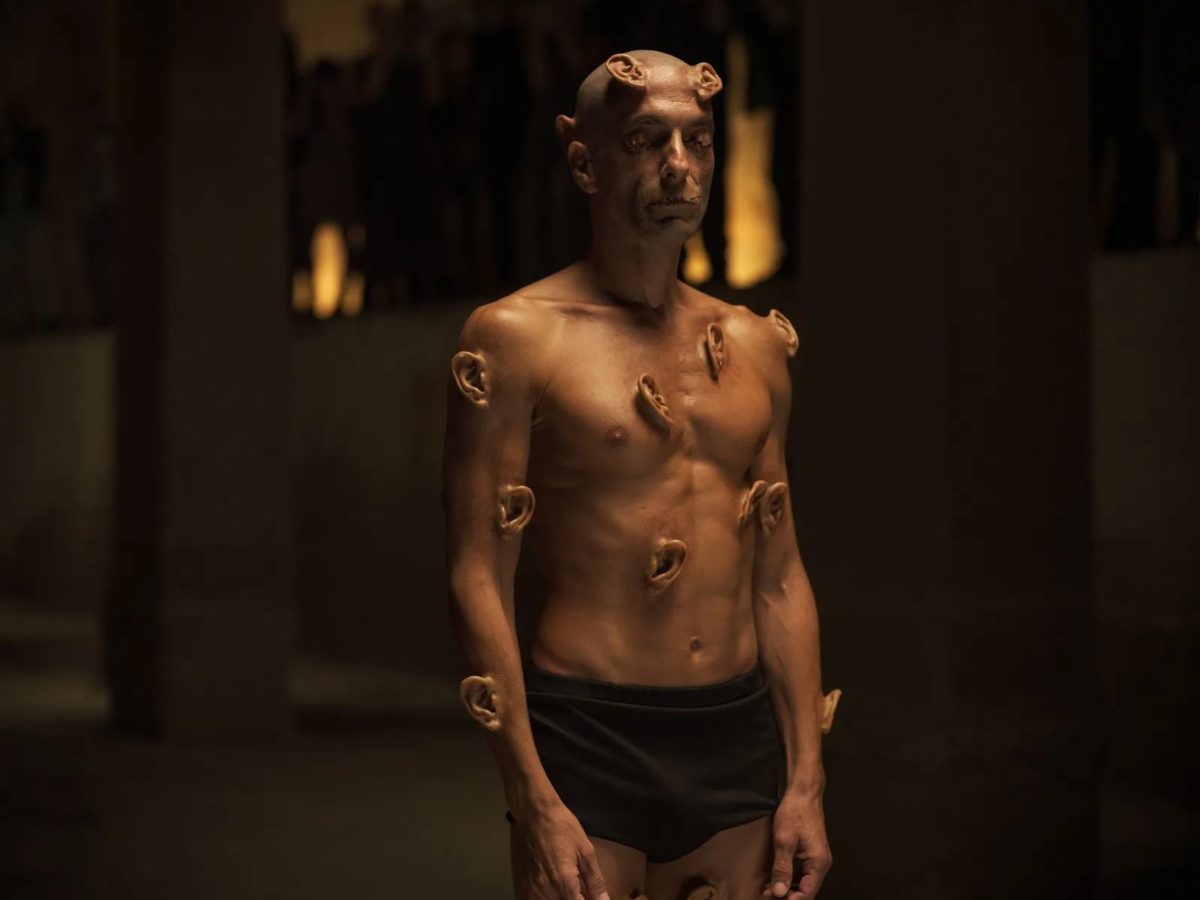
Crimes of the Future is a movie about a great many things. One could argue it’s about too many things, and I wouldn’t fault that read. But there is joy in experiencing a film shift its focus on a scene-to-scene basis, purposefully preventing you from ever finding your footing. Being buried under an avalanche of ideas is a sensation I quite enjoy, and Cronenberg is just the intelligent, masterful artist to pull it off.
7. Benediction (Terence Davies)
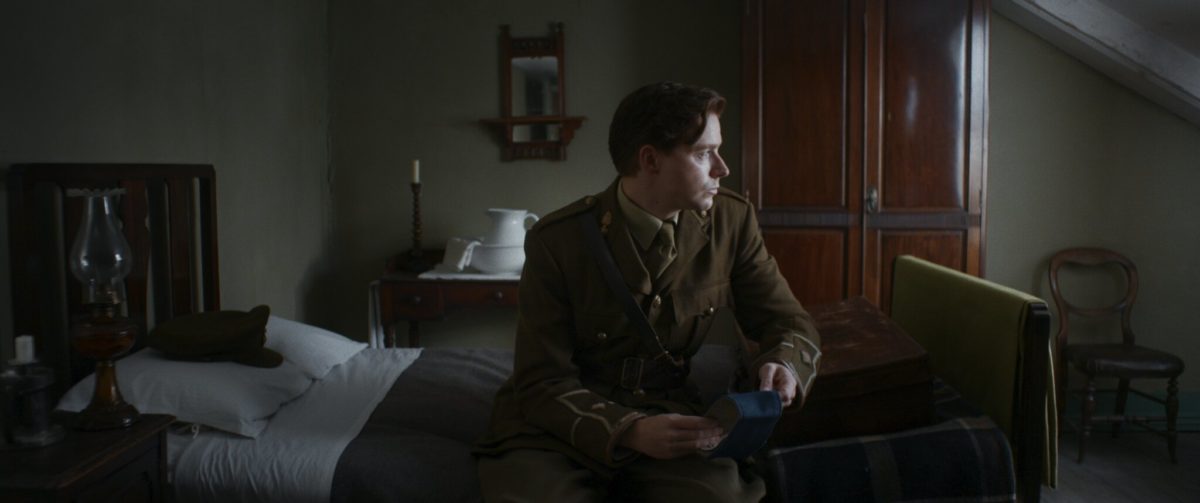
When I started this film on TIFF’s online portal I had in mind that I might watch the first hour or so. I was tired and the link was expiring, but a new Terence Davies is at least worth a look. I was instantly rapt, with no interest in ending this journey early. A biopic of English poet Siegfried Sassoon, Benediction doesn’t so much subvert the genre but rather just does it masterfully. I found myself deeply moved, in awe of the film’s scope and intimacy.
6. Decision to Leave (Park Chan-wook)
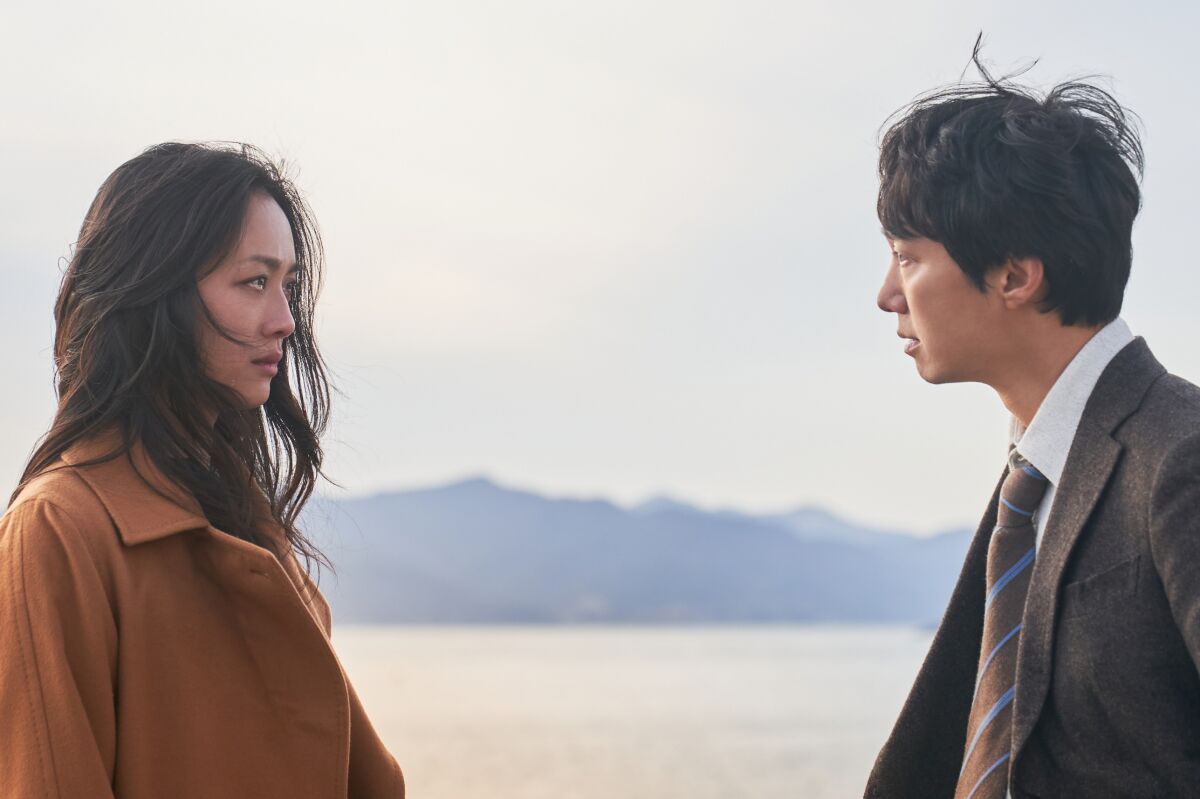
With less sex and violence, the word is that Park Chan-wook has matured and that’s true in some sense. But Park still evokes that youthful sensation of being so infatuated with someone that it consumes your every thought and action, and more dangerously, shatters core principles you once held so strongly. Love makes fools of us all—something Park explores with all of the visual tools at his disposal in Decision to Leave.
5. The Banshees of Inisherin (Martin McDonagh)

McDonagh’s best film since his debut, The Banshees of Inisherin had my crowd at Venice howling with laughter. My second viewing was a smaller press screening, a setting known for a general stolidness, and so the sadder qualities of the story stood out more on this go-round—a complete one-two punch. Colin Farrell’s Pádraic belongs in conversation with other dumb characters, but McDonagh does seem to occasionally write him as too clever. Mike Judge is not in danger of being dethroned as the king of writing dimwits. But the film makes up for minor missteps with its general hilarity and for its larger themes about one’s place on the planet, as it examines the value of leaving a mark versus enjoying your limited time with the people around you. By the end, McDonagh doesn’t appear to land on one side or the other. As Tilda Swinton told me recently: filmmaking “is full of questions and not many answers.”
4. Blonde (Andrew Dominik)
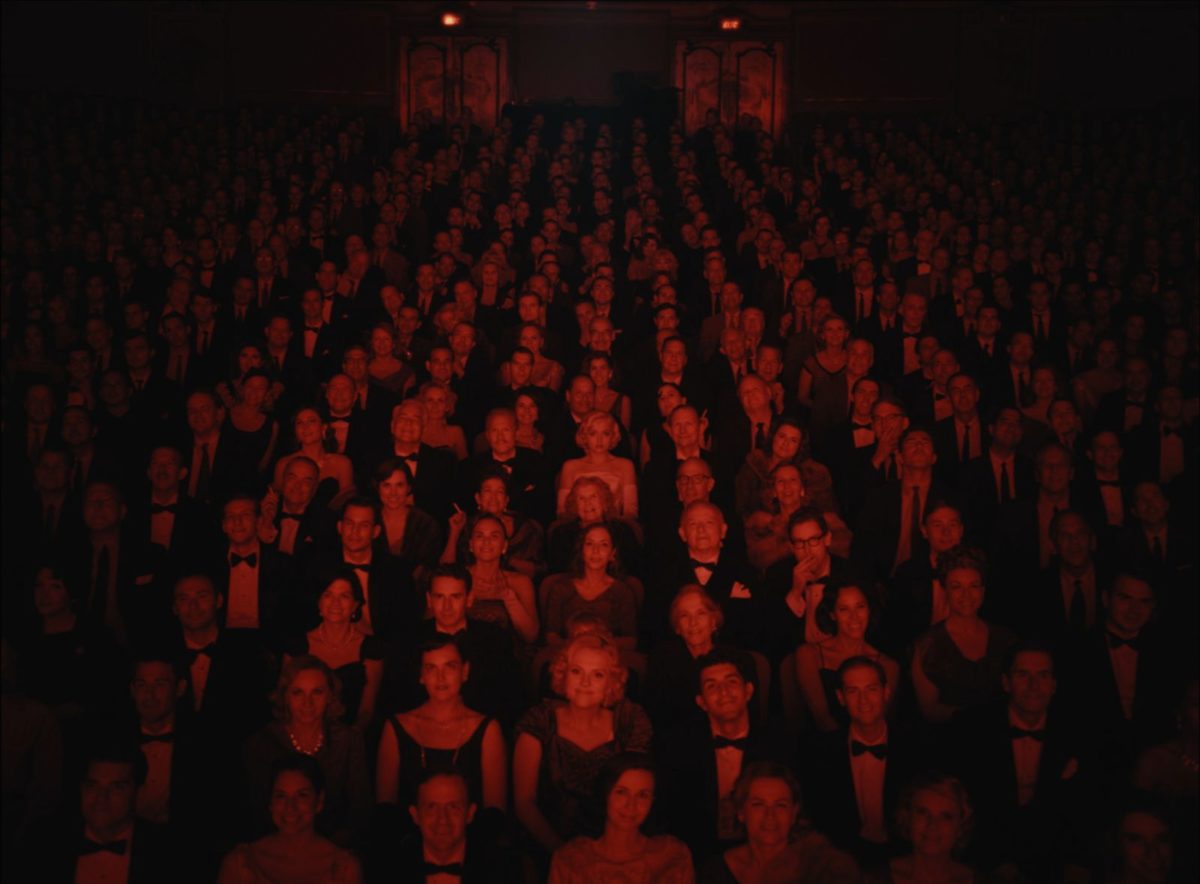
There’s something about the experience of being worn down by a film’s extended runtime, eventually submitting to its will by the end, leaving the theater exhausted yet in awe of what you saw. Blonde had this effect on me. It helps that its last hour, when it goes all Inland Empire, is its best. In fact, I wish the entire movie carried that drugged-out fever dream quality. A few things stand out to me about the “discourse cycle” (a phrase I hate) with Blonde upon its wider release. The first is that I found the word on the ground out of Venice as much more measured, yet ultimately cautious. Largely, people out and about on the Lido seemed receptive to what Dominik was doing, or trying to do with the film. Secondly, I find the conversation pinpointing Dominik as a pseudo-intellectual puzzling. He’s had precisely two talking points about this project from day one, which he’s repeated ad nauseam. There’s little pretending his goals with Blonde are anything they’re not. This is, after all, the man who played The Velvet Underground’s “Heroin” while a character shoots up heroin in Killing Them Softly. What you see is what you get, for better or worse, and for me it was mostly for better. In light of Hayden Panettiere’s “happy pills” admission, along with the unveiling of larger ecosystems that enable powerful abusers like Harvey Weinstein or Jeffrey Epstein, Blonde exposes similar situations both head-on and on the periphery. Dominik previously examined the loneliness that comes with fame in The Assassination of Jesse James by the Coward Robert Ford, and with Blonde, he is again saying that fame attracts vultures, and in these situations, pure souls, like Marilyn Monroe, are never long for this world.
3. Il Buco (Michelangelo Frammartino)
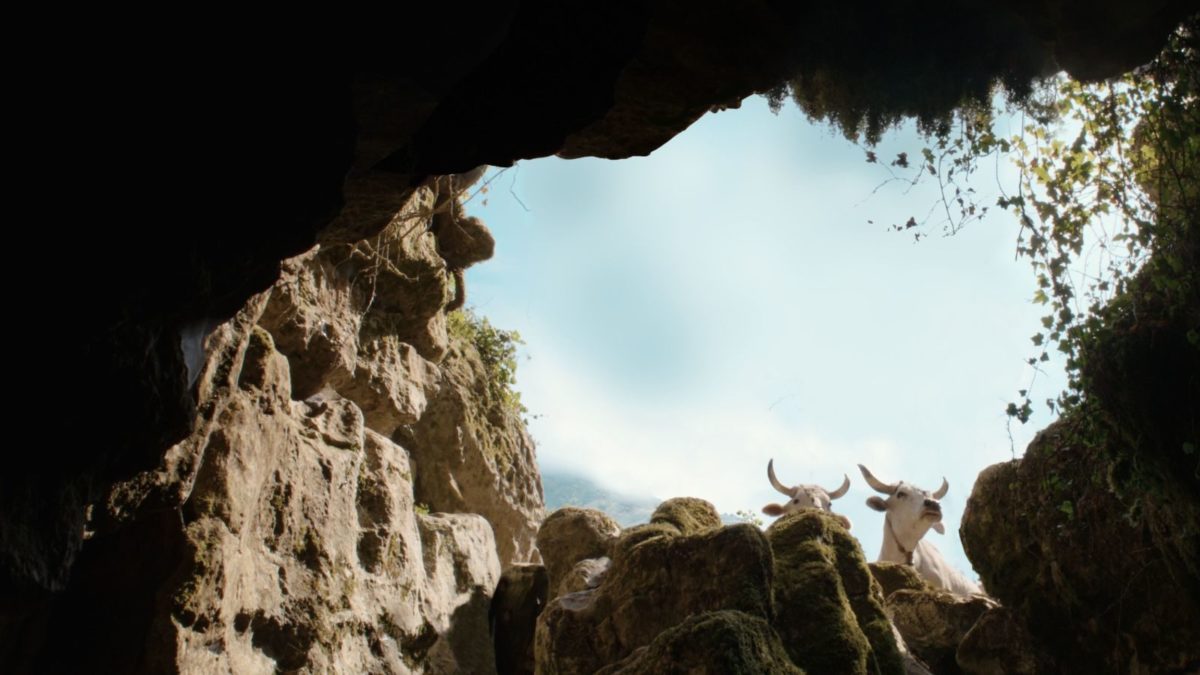
I’ve already written about Il Buco for this site’s Most Overlooked, Best Cinematography, and Best Films lists, so here I’ll focus solely on my viewing experience. I caught Il Buco in Paris at the Le Grand Action without English subtitles. After Le Quattro Volte I assumed correctly that I wouldn’t need them. This was the beginning of a magical evening that led to an outdoor cafe where the hosts traded turns singing spot-on versions of New Wave tracks, which later moved indoors to an apartment party in Montmartre, which then transitioned back to another outdoor cafe at around 4am or so—who’s keeping track? That this perfect evening, at the tail end of my European travels, was kicked off by Frammartino’s elegant, humorous look at death as the ultimate metaphor, will forever be with me.
2. TÁR (Todd Field)
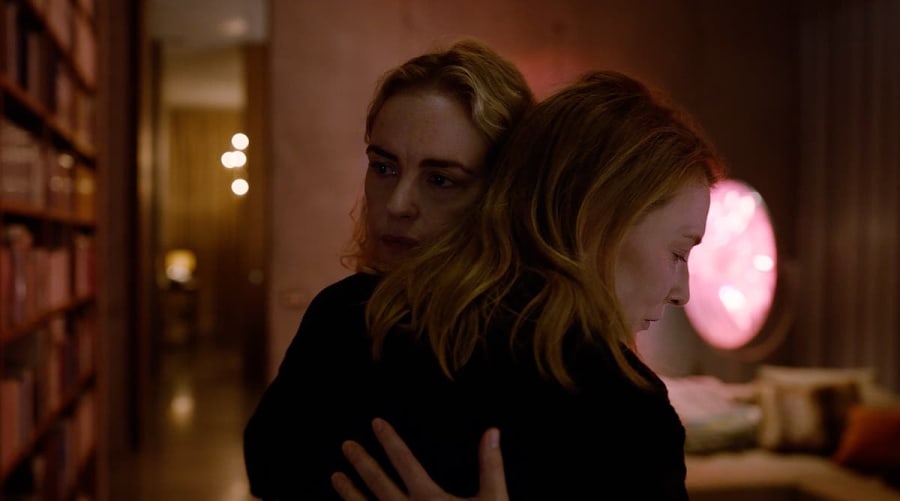
In TÁR, writer-director Todd Field drops you into situations where you’re expected to figure out power dynamics in real-time. Field’s airtight screenplay and classical direction ensures that you’re more than up for the task. “What’s going on with this lunch? OK, this man seems to fund Lydia’s work. This is why, despite her clear lack of respect for him, she puts up with him when she’s in town.” This respect for an audience’s intelligence and ability to keep up, plays out again and again, building into a wholly immersive near-three hour experience. The second half shifts toward more abstraction as Lydia’s life unravels, lending much-needed levity. Citing these moments, some critics decry the film as overly goofy, but I say this goofiness is an attribute. The film might end up too exhausting and airless otherwise. I’ve had spirited conversations with a friend about what Field is ultimately saying with where Lydia Tár ends up, and though our outlooks diverge, we both love the film in equal measure—a true sign of depth.
1. Friends and Strangers (James Vaughan)
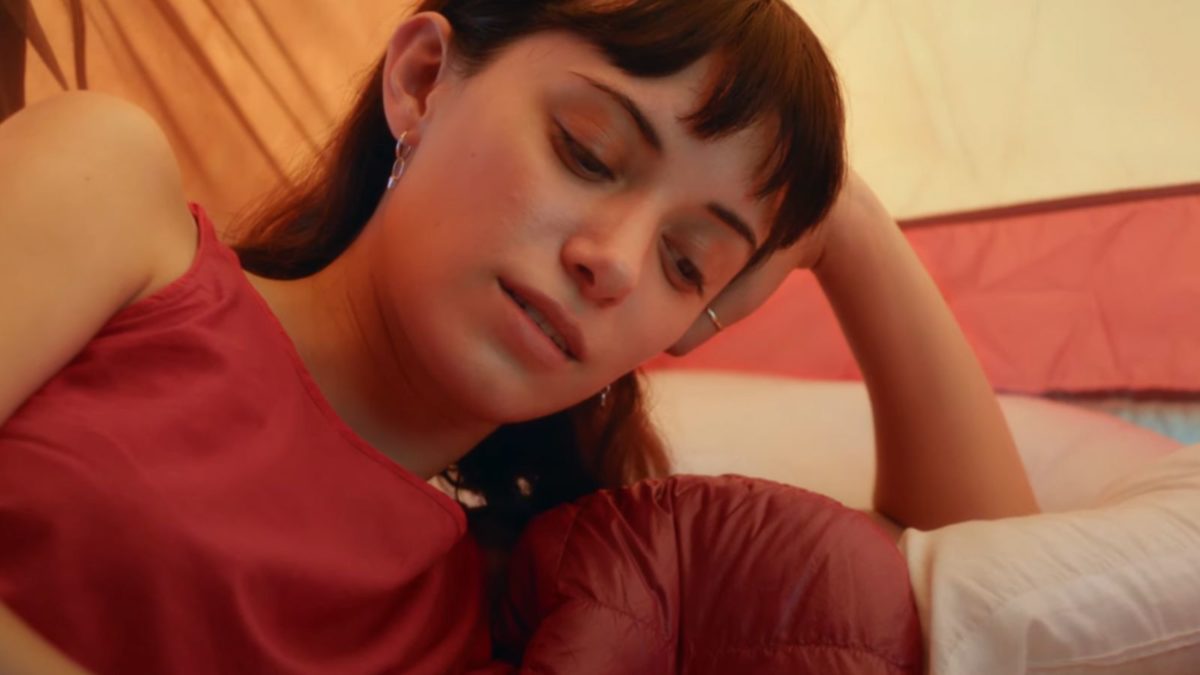
James Vaughan’s debut feature tops my 2022 through a simple metric: it was the single film I found myself recommending to friends again and again throughout the year. I find it slightly hard to describe: A little bit of Bujalski? Some Rohmer? A less fragmented Horn/Kalman joint? It’s all of these and more. It triggered the thought: “Is there an Australian Indie scene I’ve been sleeping on? Is this scene just James Vaughan?” These questions unanswered, I can safely declare Friends and Strangers is a joyful, peculiar film that moves from scene-to-scene in a confident, fluid, often hypnotic manner. It checks out that Vaughan is a student of classic cinema. Just check out his report on Il Cinema Ritrovato for Nicolas Rapold’s “The Last Thing I Saw” podcast. And his self-deprecating write-up on networking at Cannes for Filmmaker is also worth a spin.
